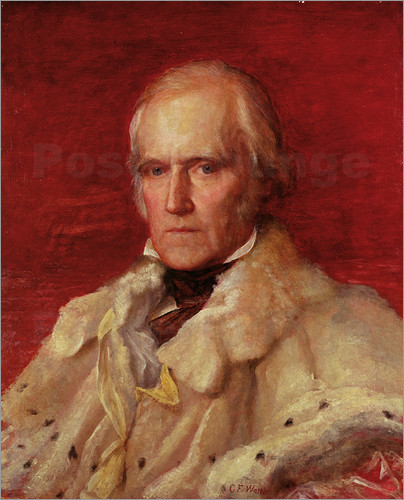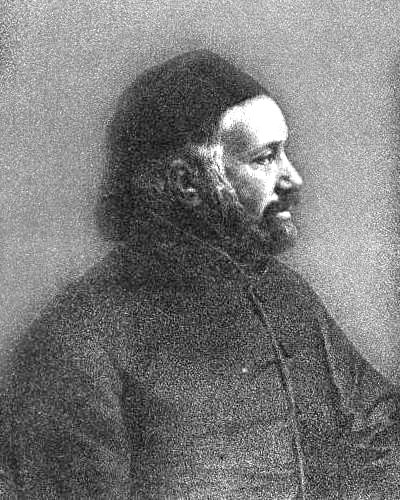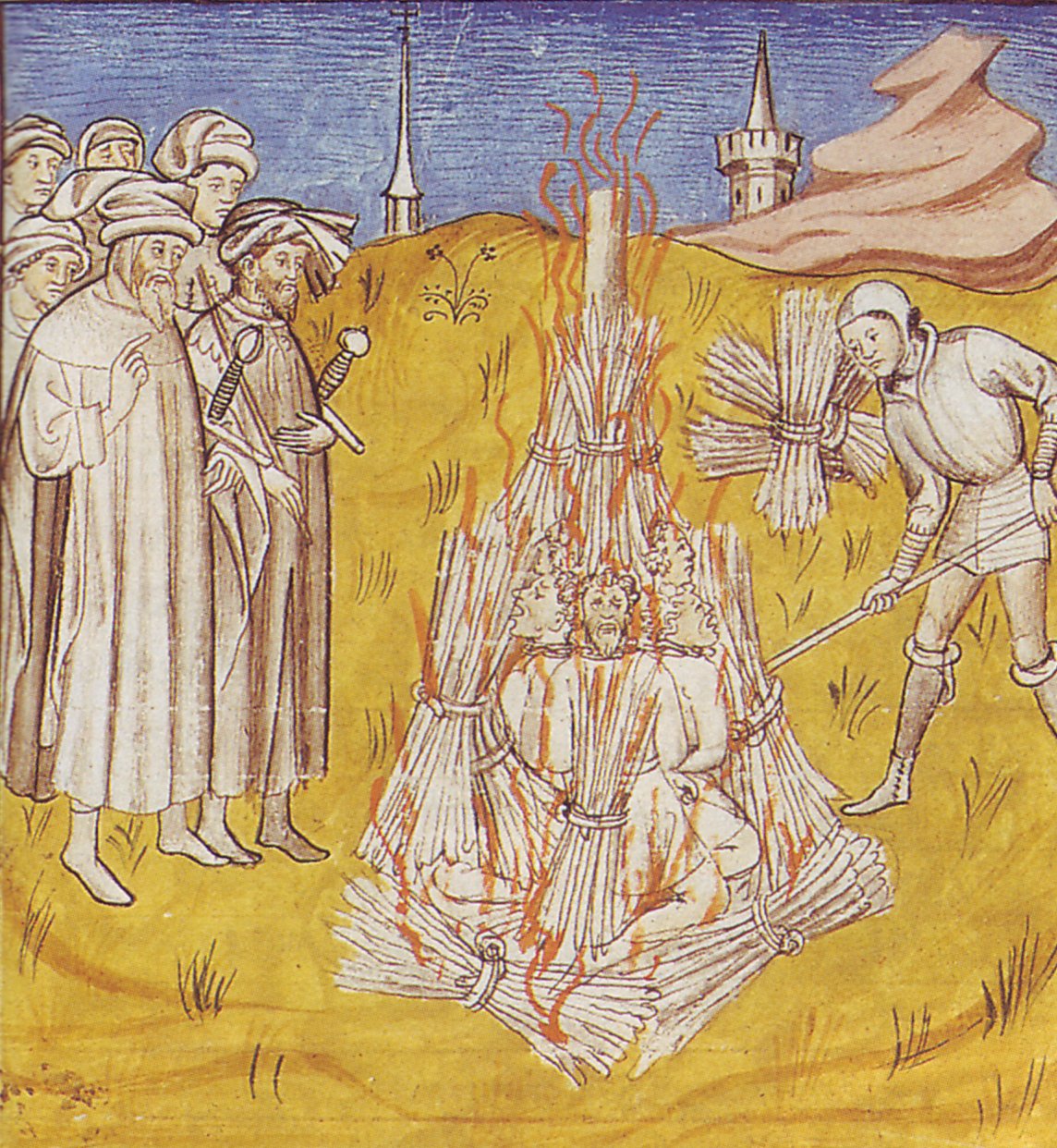(1).jpg)
THE PUNISHMENT FOR BLASPHEMY OF THE SACRED
In Islamic law, when someone freely chooses to become a Muslim without coercion, yet later abandons the religion or denies, insults, or mocks one of the principles of Islam, this is called irtidad (apostasy), and the person is called a murtad (apostate). Insulting Allah and the Prophet is included in this crime. The religion of Islam permits the full practice, teaching, and learning of other religions in Islamic lands; however, it prohibits proselytizing among Muslims in that direction and forbids the denigration of the Islamic religion.
.jpg)
Three Days of Grace
Those who committed this offense were first advised by scholars, and efforts were made to remove their doubts. If the person requested time, a grace period of three days was granted. If within this period they expressed remorse or denied the offense, it was accepted.
Otherwise, the court would sentence them to death. A woman would not be punished for this crime; she would be imprisoned until she repented. These matters are confirmed by the Qur'an and the Sunnah(al-Nisa 4/89; al-Tawba 9/12). The Messenger of Allah (saws) said: 'Whoever changes his religion then kill him.'
A person who does not wish to live in this way must either leave the Islamic country or refrain from expressing such beliefs. This is because punishment is given only to those who openly declare their offense. Therefore, in history, the number of those punished for this reason is almost negligible. If they took up arms and revolted, then the matter would take on a different character.
This punishment can only be issued by a qadi (Islamic judge) in an Islamic country and carried out by the state. Individuals or groups do not have the authority to decide or implement such a punishment. Otherwise, they would be committing a crime and would be punished accordingly.
In a system based on religion, because this is considered a crime against the state and society, the apostate would be regarded as someone who had declared war on a state built on the principles of the religion they abandoned.
However, in the Islamic world, those punished for this reason were rarely encountered. This is because someone committing this offense would know they would be punished. Therefore, they would either not disclose their true opinion or would express repentance upon realizing the consequence, preferring to be spared.
Even today, in criminal laws worldwide, opposition to the regime is considered a crime; likewise, insulting things people hold sacred, in a way that falls outside freedom of expression, is also considered a crime.
Non-Muslims are not subject to the principles of the Islamic religion, so this punishment cannot be applied to them. However, if they are in dar al-Islam (the abode of Islam), where they are citizens and are expected to respect the sacred elements of Muslims, the state may punish them for disturbing public order if they commit such an act. In this case, the punishment would not be called apostasy.
Foreigners have a different sense of humor compared to Easterners. They see no harm in even drawing cartoons of their own prophets. But a sense of humor does not grant the right to offend others. In the past, when a play attempted to insult the Prophet Muhammad on the pretext of his marriages and was about to be staged in European theaters, Sultan Abdulhamid II of the time intervened with diplomatic efforts in London and Paris and prevented it.
Today, too, when sacred things are insulted, one must seek legal recourse. If this is not possible, withdrawing and refraining from responding is the principle. The Prophet’s Meccan period is the best example of how Muslims should behave while living in dar al-harb (territory not under Islamic rule).


If You Want to Be European, Abolish the Punishment!
In 1843, after an Armenian who had converted to Islam to marry a Turkish girl
later returned to his former religion and was punished, the British ambassador
in Istanbul, Lord Canning, said that if the Ottoman State wished to remain
part of Europe, it needed to abolish the shariah principle that
mandates punishment for apostates. The Minister of Foreign Affairs, Sadık
Rifat Pasha, responded to this proposal as follows:
“We always
receive Europe’s political advice with respect. But we are determined to
maintain our independence in matters of religion. Religion is the foundation
of our laws and the guideline of our government. Not just us—even the
Sultan cannot make the slightest change in this area. If you demand an edict
that abolishes one of the active components of our law, you will be
undermining our authority at its roots. You will destroy the people’s
sense of obedience. While claiming to desire our peace, you will provoke
uprisings in the empire.”
In 1854, Britain increased its pressure on the government to issue a decree in
this regard. The Grand Vizier of the time, Ali Pasha, said:
“If
the Sultan were to yield to such a proposal, he would no longer be the
spiritual leader of the nation, and his reign would not last long. We can
offer you a diplomatic promise on this issue, but we cannot turn it into a
written legal principle.”

The Situation in Judaism and Christianity
In Judaism too, the punishment for apostasy is death. When the Prophet Musa (Moses) was delayed by ten days in returning from Mount Sinai, some of his people began to worship a golden calf; upon his return, he punished them with death.
Not only associating partners with Yahweh (God) and not believing in even a single letter of the Torah, but also failing to undergo circumcision or violating the sanctity of the Sabbath (Saturday) are considered grounds for apostasy. If someone repents, they can return to Judaism by repenting in front of three rabbis and immersing in a ritual pool called a mikveh.
Many Jews in exile who were baptized to escape the wrath of Christians or were forced to be baptized emerged later; but because there was no state authority, no worldly punishment was prescribed for them. The Dutch philosopher Spinoza, British Prime Minister Benjamin Disraeli, German composer Mendelssohn, and Nobel Prize-winning Russian writer Boris Pasternak are among the most famous Jewish apostates.
Christianity has regarded even the slightest deviation from church doctrine in belief and practice as apostasy and punished it with excommunication. However, in Judaism and Islam, sins and deviations that do not constitute an explicit denial are not considered apostasy.
In the Middle Ages, harsher measures were taken against such people, and in 1184, the Inquisition was established to impose worldly punishments. Hundreds of thousands of people were burned alive for deviating from church principles. Moreover, the church did not consider repentance sufficient to escape the death penalty; it only promised to lift the spiritual punishment.


Önceki Yazılar
-
THE WATER OF IMMORTALITY IN THE “LAND OF DARKNESS”28.01.2026
-
THE WORLD LEARNED WHAT FORBEARANCE IS FROM SULTAN MEHMED II21.01.2026
-
THE RUSH FOR GOLD14.01.2026
-
TRACES OF ISLAM IN CONSTANTINOPOLIS7.01.2026
-
WHO CAN FORGIVE THE KILLER?31.12.2025
-
WHEN WAS PROPHET ISA (JESUS) BORN?24.12.2025
-
IF SULTAN MEHMED II HE HAD CONQUERED ROME…17.12.2025
-
VIENNA NEVER FORGOT THE TURKS10.12.2025
-
THE FIRST UNIVERSITY IN THE WORLD WAS FOUNDED BY MUSLIMS3.12.2025
-
WHO BETRAYED PROPHET ISA (JESUS)?26.11.2025